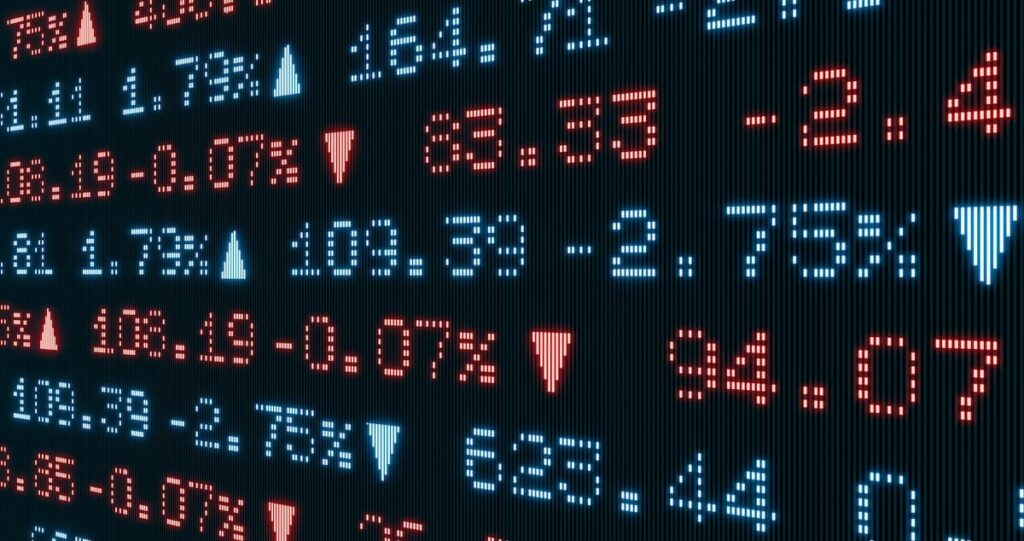Cautious Optimism Holds as Conflict Fails to Rattle Wall Street
Wall Street opened the week with little sign of alarm after a major U.S. military operation targeted three Iranian nuclear facilities over the weekend. While such an escalation might typically send shockwaves through global markets, the reaction on Monday remained remarkably subdued across equities, oil, and bond markets.
The U.S. strike, carried out in coordination with Israel, marked a historic moment in Middle East tensions. Yet despite the scale of the operation and the risk of retaliation, investors appeared to bet on limited fallout. Stocks moved narrowly, oil prices lost their initial surge, and safe-haven assets stayed calm.
This muted reaction suggests that market participants are weighing two divergent scenarios — either a manageable geopolitical response or a broader regional escalation with serious global implications. Until clearer signals emerge from Tehran or Washington, traders are choosing to hold their ground.
Mixed Signals as Stocks Flatten and Oil Retreats
At Monday’s open, the Dow Jones Industrial Average dropped roughly 75 points but quickly rebounded, closing higher by 160 points, or 0.38%. The S&P 500, initially down 0.07%, also recovered into positive territory. The tech-heavy Nasdaq Composite slipped early but later joined the upward trend. Overall, U.S. equities moved modestly and without panic.
Meanwhile, energy markets reversed sharply after Sunday night’s initial spike. U.S. crude oil prices surged as much as 6.2% in overnight trading, peaking at $78.40 a barrel. But by midmorning Monday, that gain had evaporated, and futures turned negative. West Texas Intermediate crude dropped 1% to $73.15. Brent crude followed a similar path, also declining by 1%.
This swing reflects investor skepticism that the Middle East tension will significantly disrupt oil flows — at least in the short term. Though about 20% of global oil supply moves through the Strait of Hormuz, no immediate threat to shipping materialized as of Monday morning.
Gold, typically a beneficiary of geopolitical uncertainty, edged down 0.1% to $3,380 per troy ounce. Treasury yields held steady, another sign that market participants were not shifting aggressively toward safer assets.
Currency Markets Focus on Oil, Not Fear
The U.S. dollar strengthened by 0.7% on Monday, continuing its rebound despite recent pressure from domestic tariffs. While the greenback often gains during periods of global instability, analysts pointed to another factor: oil prices.
“While the broader bias still leans toward structural dollar weakness, escalating Middle East tensions are injecting support for the greenback via the commodity channel,” said George Vessey, lead FX and macro strategist at Conerva, in a note to investors.
With oil priced globally in U.S. dollars, any upward pressure on crude can indirectly support the currency. The situation becomes more complex if Iran retaliates by closing or threatening to close the Strait of Hormuz. So far, Iran’s state-run media has hinted at that possibility, but no official confirmation has emerged.
The fear index remains low. CNN’s Fear and Greed Index ticked into “Greed” territory Monday, up from neutral. Market sentiment appears more hopeful than worried — for now.
Central Banks and Tariffs Add to the Uncertainty
Behind the calm exterior lies a deeper layer of unease. Wall Street is still digesting the broader impact of new U.S. tariffs, the Federal Reserve’s rate stance, and rising global inflation risks.
If Iran follows through with retaliation, especially by disrupting oil shipments, markets could quickly pivot. Rising energy prices would push inflation higher at a time when central banks are reluctant to cut rates. That would complicate the Federal Reserve’s policy path and possibly stall economic momentum.
Yet some traders believe the worst may already be behind. If Iran’s response is limited and diplomacy resumes, the episode could reduce uncertainty and even support risk assets.
So far, markets are hedging without committing. In the words of Kit Juckes, chief FX strategist at Societe Generale, “So far, so muted.” The coming days will likely depend on messaging from Iran’s leadership, particularly Ayatollah Khamenei, and whether the U.S. chooses further action.


